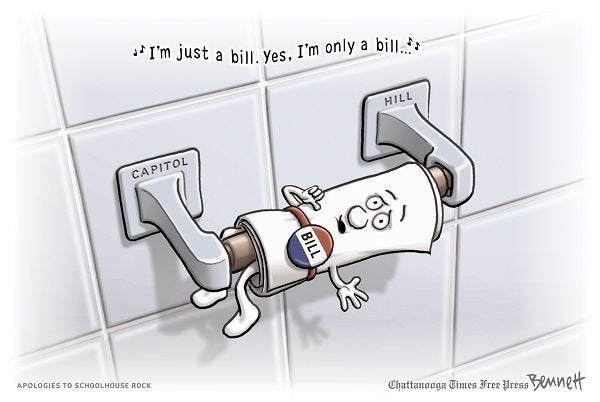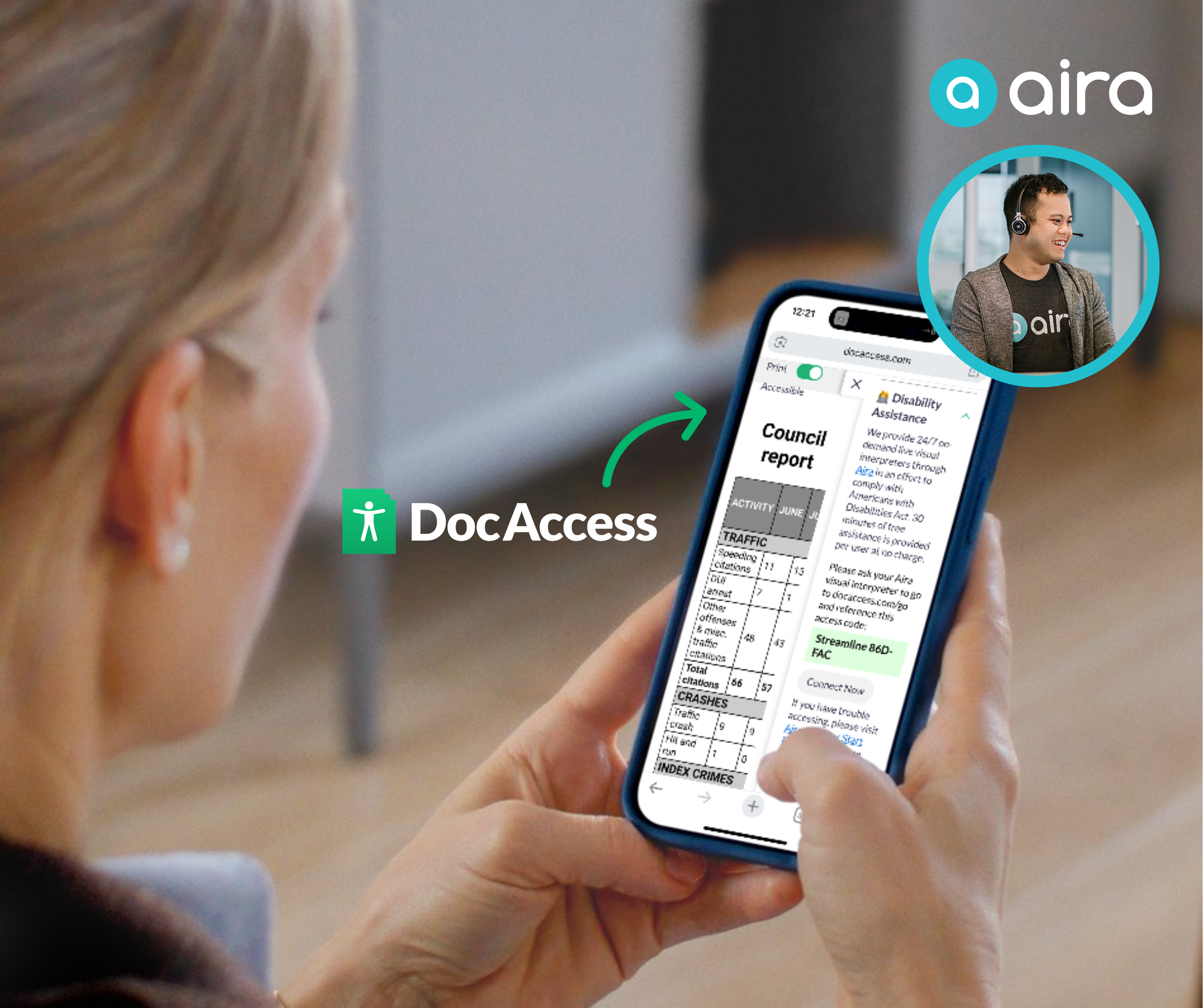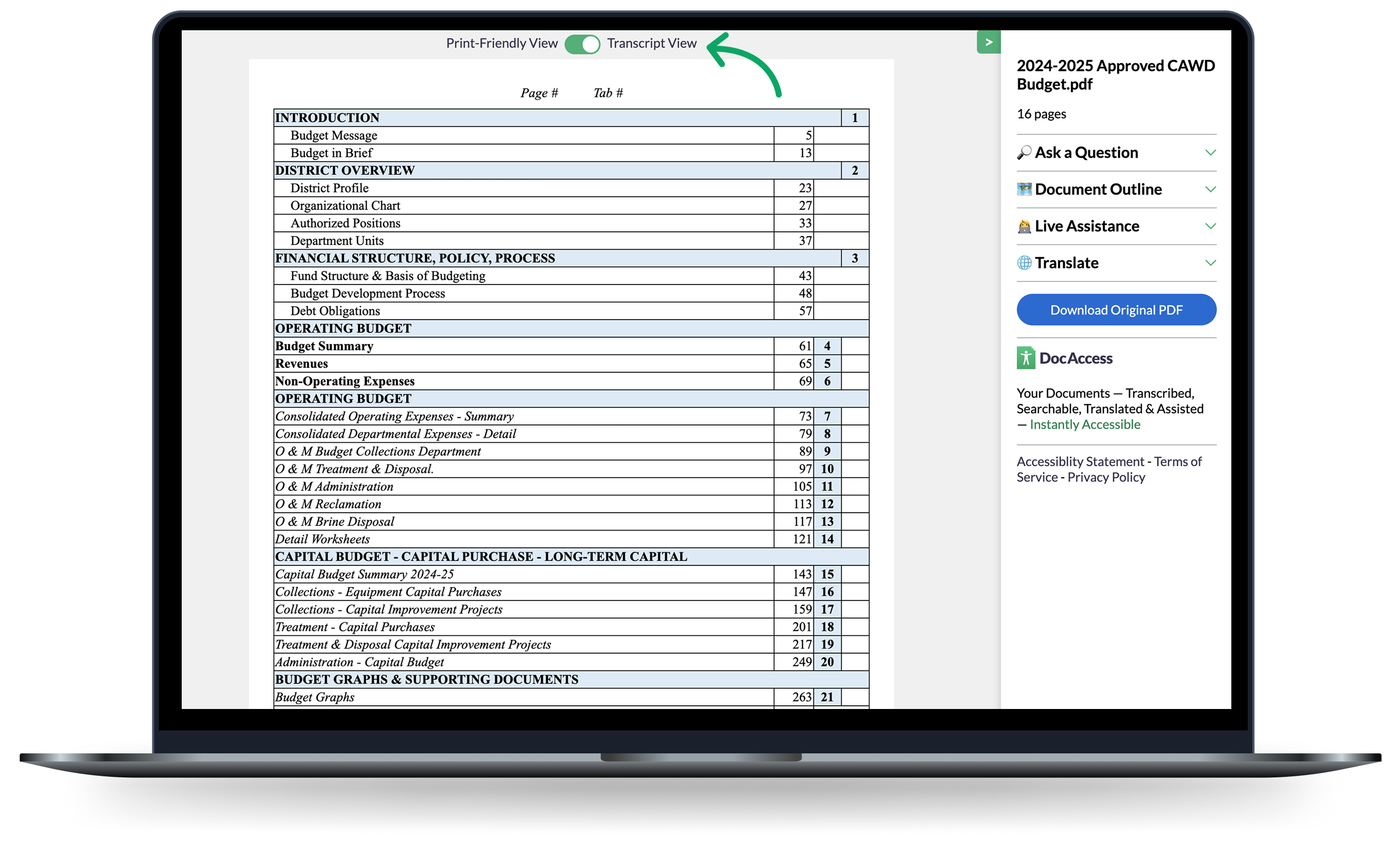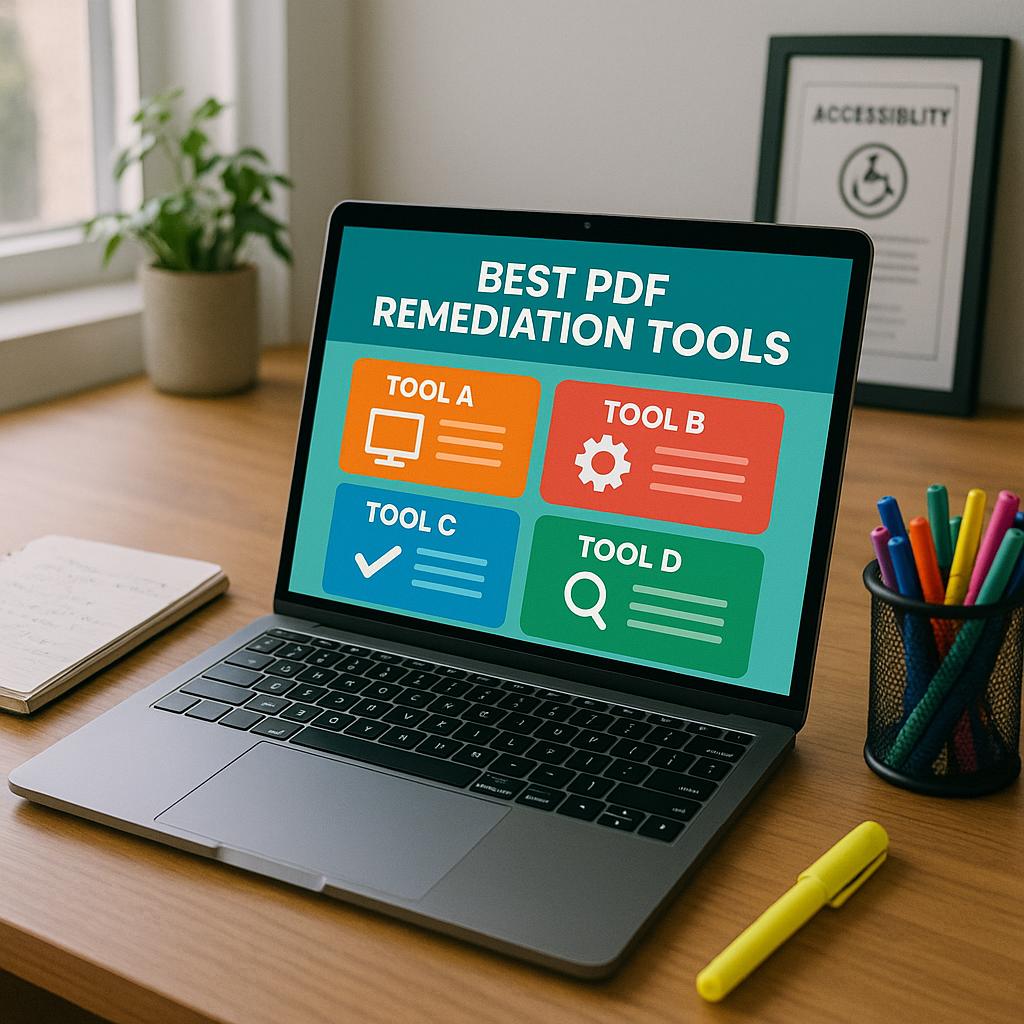Passed in late 2018, Senate Bill 929 is a law requiring all independent special districts in California to create and maintain a website by January 2020, with four distinct pieces of information posted. (Healthcare districts have additional posting requirements.)

SB 929 only applies to independent special districts in California (not dependent districts governed by a city or county). Districts who face a hardship and simply cannot comply (due to lack of internet access, for example) can adopt a resolution of hardship each year - more on that below.
No. There is no exemption just because a district is small, or fully volunteer - and even if you do decide to go the exemption route, you need to make sure to do it properly. We'll talk more about the hardship exemption in a bit, but we'd first like you to consider a different question: if it were simple and affordable to comply, is there a benefit to your district, or your community, for your to maintain a website? Is there value in communicating the important and vital work you do?
Sadly, no. Since they tucked this into the Public Records Act, SB 929 is considered an unfunded state mandate and they are not required to reimburse you for the cost to comply. (Just like AB 2257 - anything in the PRA or Brown Act is exempt from mandate reimbursements.) :(
So, on that inspiring note! If you have SB 929 questions, go ahead and schedule 15 minutes with our special district website guru.
The first requirement is new, and the last applies only to Healthcare Districts. The others have been around awhile.
The bill text does not give specifics on the type of contact information, so this might include your district's mailing or physical address, phone number, email address, etc. The point is to make sure the public knows how to reach out if they want to communicate with you.
Under The Brown Act, special districts are required to post each agenda for regular meetings 72 hours in advance (24 for special meetings), including on your website if you have one. AB 2257 added additional requirements a few years back: the agenda must be searchable and platform-independent, and there must be a link on the home page that opens the agenda directly when clicked. The link cannot be in a contextual menu (part of your drop down menu / navigation), but must be directly on the page. Grab helpful resources for compliance with AB 2257 here >
Hopefully you're already sending these to the State Controller each year. To fulfill the website requirement, simply add the report to your site and update each year - or better yet, add a link to https://bythenumbers.sco.ca.gov/ to your site, and leave it there. This works!
Again, you should be completing and sending these to the State Controller each year. To fulfill the website requirement, simply add the report to your site and update each year - or better yet, add a link to https://publicpay.ca.gov/ to your site, and leave it there - no need to update annually!
Ok, gonna apologize for this one in advance - one of the most confusing bills ever adopted into law. :( SB272 requires all public agencies to create a catalog of any software they use that meets certain requirements (includes information about the public, among others). The good news is that we built a forever-free tool you can use to comply. Learn more or sign up here >
If you're a healthcare district, you have additional posting requirements (sorry!) These include things like listing your board members, your grant award policy, recipients of grants, and financial audits. Learn more from our slide presentation to the Association of Healthcare Districts.
If you're interested in more in-depth information, visit our SB 929 webinar page, where you can view a webinar recording, download a slide deck, and access many more helpful resources.
In addition to posting the required information, you also need to make sure your site meets two specific formatting guidelines.
This bill has specific requirements for anything you post on your site and call "open data." The requirements include things like making sure the data is machine readable, searchable, etc. We suggest you comply with this requirement by simply never calling anything on your site open data!
Your site needs to be accessible to visitors with disabilities, who may need to use a screen reader, braille reader, or other assistive technologies to make sense of the content. This is a pretty big topic that feels overwhelming to a lot of folks. Our platform takes care of this automatically, but if you want to learn more about it, visit our accessibility education center >
That's what we're here for!
We created this handout to help you make sense of the overall requirements listed here.
Crazy as it may sound, it takes us about 20 minutes to set up a fully compliant,
free demo website for you, with absolutely no obligation.
If this all sounds overwhelming, you should reach out to find out just how easy we can make it! The best way to do so is by signing up for a free demo site to play with: there is no obligation, we won't ask for your credit card, and it's a fantastic way to see how easy we can make this whole process. If you're ready to check it out, just sign up here!
We're here to help, regardless of where you are on your district's website journey. If you want to talk this through, or need details on how to adopt a hardship resolution, we're happy to help with that too:
If you have questions or need help, feel free to contact us >
Read our latest, or see all articles in our blog >

For Immediate Release Streamline Unveils DocAccess: Making Digital Public Documents Accessible for All SACRAMENTO, CA – September 17, 2025 – Streamline, a leader in GovTech solutions for local

For Immediate Release Streamline Unveils DocAccess: Making Digital Public Documents Accessible for All SACRAMENTO, CA – August 20, 2025 – Streamline, the trusted partner of over 2,500 local

Ensuring your PDFs are accessible isn’t just about checking a compliance box—it’s about making your content usable for everyone. Whether you're part of a government agency, school district,
We build tools to help special districts with online compliance, internal and external communication. Accessible and compliant websites, intranet software, and communication tools to help districts promote the important work they do.
3301 C Street Suite 1000,
Sacramento, CA, 95816
General: info@getstreamline.com
Support: support@getstreamline.com